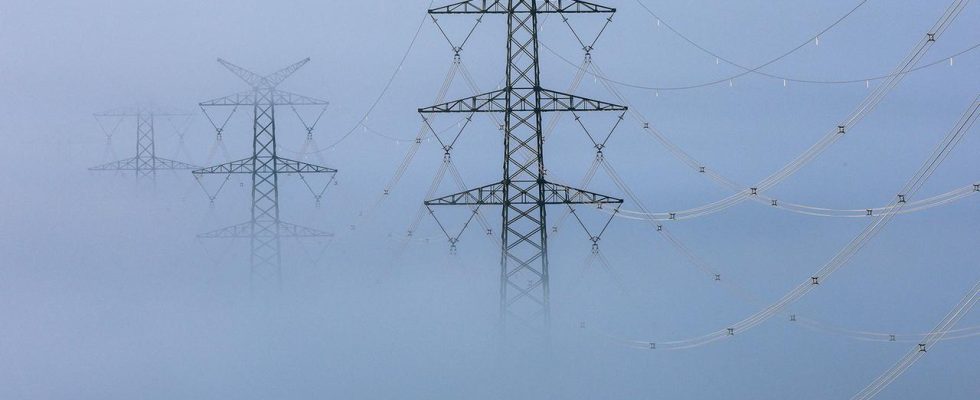This year, the AG Energy Balances expects the lowest energy consumption in Germany ever. It’s not just prices and the weather that play a role, but above all the weakening economy.
According to a forecast, energy consumption in Germany will fall to a record low this year – primarily due to shrinking economic output. The Energy Balances Working Group (AG Energy Balances) expects a decline of almost eight percent to 10,784 petajoules (2,996 terawatt hours) compared to the previous year.
This means that consumption would be almost 28 percent below the previous high of 14,905 petajoules in 1990, as the Energy Balances AG announced today in Berlin. Last year, energy consumption in Germany was 11,769 petajoules. However, 2023 will be particularly characterized by economic development.
The economy, weather and energy prices are causing record lows
“This year’s economic output could decline by around 0.5 percent,” it said. The energy-intensive industries in particular recorded declines in production, which had a noticeable impact on energy consumption. The warmer weather compared to the previous year also plays a major role. According to the AG’s calculations, around a fifth of the total percentage reduction in consumption was due to weather.
A third consumption-reducing effect results from the energy price level. “Although the import prices for the most important imported energies fell significantly over the course of the year, the prices are still significantly above the 2021 level,” said the AG. It is assumed that the persistently high prices not only ensured savings, but also led to a reduction in energy-intensive production.
Demographic developments, on the other hand, have the opposite effect. A migration-related influx of 1.35 million people would lead to an increase in energy consumption of around 200 petajoules.
Federal Network Agency Germany sees itself well prepared for winter
The head of the Federal Network Agency, Klaus Müller, sees Germany’s energy supply as being significantly better equipped for the winter than last year. “If we have a normal winter, there shouldn’t be any major problems,” he told the “Süddeutsche Zeitung” (“SZ”), referring to gas. In a report, his authority only came to the conclusion in two very extreme simulations out of a total of six that from the second week of February there would not be enough gas available to fuel all heating systems and industrial plants in Germany.
According to this, Germany is in a significantly better situation this year than in 2022 because the gas storage facilities are over 99 percent full and both gas imports and customer savings are stable. In addition, politicians have significantly increased import capacities for liquid gas. This, together with additional deliveries from Norway, made it possible to compensate for the lack of gas deliveries from Russia.
However, Müller emphasized to the “SZ” that it was still too early for a “complete all-clear”. A longer period of extreme cold, reduced deliveries from abroad or a Russian ban on exports of natural gas to southeastern Europe could worsen the supply situation. However, the Federal Network Agency considers an accumulation of such problems to be extremely unlikely.

